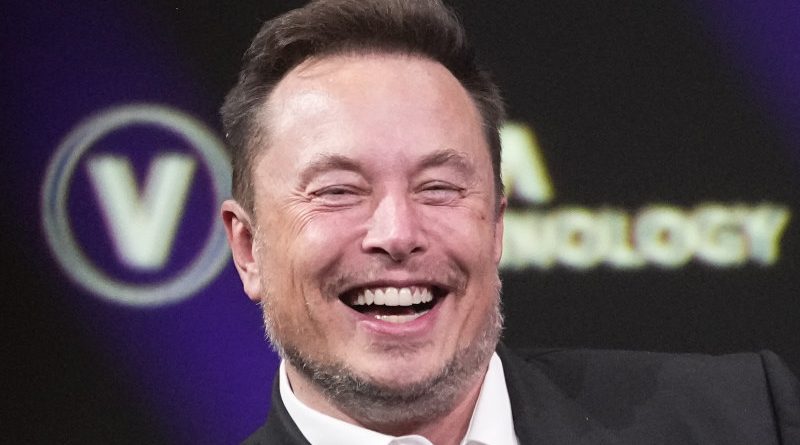Australia takes on Elon Musk over spike in online hate on Twitter
Save articles for later
Add articles to your saved list and come back to them any time.
Australian authorities have used their world-first legal powers to demand Twitter explain what it’s doing to prevent online hate after a major spike in complaints since the platform was acquired by billionaire Elon Musk.
Almost a third of reports about online hate to the e-Safety Commission now relate to Twitter, compared with less than 10 per cent in the lead-up to Musk’s takeover of the social media site in October last year.
Australia’s internet watchdog has noticed a huge spike in online hate complaints since Elon Musk took over Twitter.Credit: AP
Academics say the Twitter case will test Australia’s new online safety powers, warning that the increasingly rogue social media company might ignore both the legal orders and the fines of almost $700,000 a day if they refuse to comply.
Commissioner Julie Inman Grant said in an interview that the online hate spike was driven by several factors, such as the reactivation of banned accounts, a slashing of the company’s workforce, and possible changes to the site’s algorithm to amplify subscribers.
“We’re seeing a worrying surge of hate online,” said Inman Grant, who joined Twitter’s Australian office in 2014 inspired by the way the site enabled ordinary people to hold truth to power during the Arab spring, but now fears it has become a “cesspool of pestilence”.
“Twitter appears to be failing to confront a dark reality; that the platform is increasingly being used as a vehicle for disseminating online hate and abuse.”
The legal notice, sent to Twitter on Wednesday, was issued under the online safety act, which compels companies to explain how they’re implementing online safety expectations. If Twitter does not respond, it faces fines of $687,000 a day.
Australia’s eSafety Commissioner, Julie Inman Grant, is using new powers to compel Twitter to explain its response to online hate.Credit: Rhett Wyman
If Twitter – which has gutted its Australian offices – ignores the fines, Inman Grant said the commission would pursue further action through the courts and international partners. “Anyone [from Twitter] who flies to Australia will be fined at the border,” she said.
Tama Lever, a professor of internet studies at Curtin University, said Musk was a free speech absolutist, and his decisions since taking over the platform had taken Twitter to its lowest ebb in terms of user safety.
“It will really test the new powers the commissioner has, to see if fines and action can be forthcoming or not,” he said. “Rarely do we get to a point where we test these things out. A significant fine for Twitter really would impact on its bottom line.”
When Twitter was contacted for a response, it sent an automated reply with its standard response to press queries; a poo emoji.
Inman Grant said the level of hate on the platform had been stirred by Musk’s decision to grant amnesty to 62,000 accounts that had been previously banned, including that of disgraced influencer Andrew Tate, who faces charges of human trafficking and rape in Romania.
Other reinstated users included an Australian neo-Nazi account, fascist organisation Britain First, which has almost 30,000 followers, and far-right social media influencer Andy Ngo, who has more than 1.3 million followers.
“To me, this was more like Tweeters on death row being let out of Twitter jail,” said Inman Grant. “These are people who can potentially amplify hate at disproportionate levels, and have outsized influence on the toxicity of the platform.”
Inman Grant said another factor was Musk’s dismissal of the Australia-based public policy team, which worked with the commission to escalate abuse reports, and which was able to explain local issues – such as sensitivities around the Voice referendum – to head office.
There are also suspicions that the Twitter algorithm has been altered to amplify emotionally charged tweets – particularly, a US study found, those that trigger anger and animosity – and to disproportionately favour people with paid subscriptions.
The hate disproportionately hurts vulnerable communities such as First Nations and LGBTQ communities. “What we see every day with targeted online harassment of marginalised groups, is it serves to suppress free speech,” said Inman Grant.
Cut through the noise of federal politics with news, views and expert analysis from Jacqueline Maley. Subscribers can sign up to our weekly Inside Politics newsletter here.
Most Viewed in National
From our partners
Source: Read Full Article




